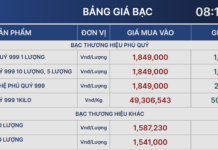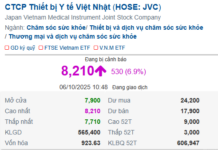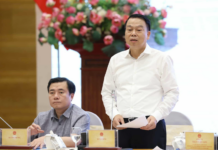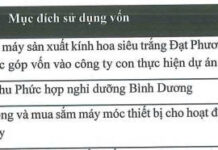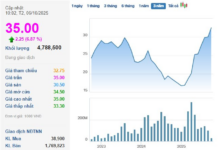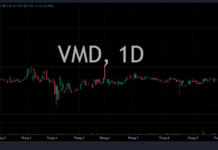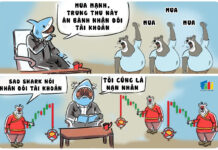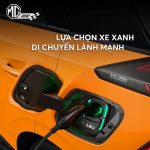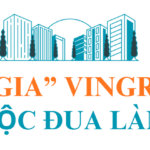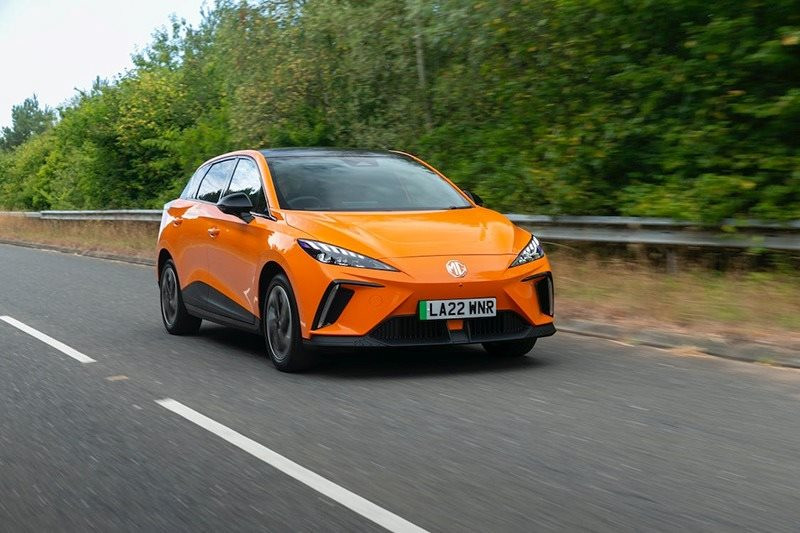
The MG4 EV is priced a staggering $13,000 lower than the Volkswagen ID.3 in Europe.
The EU’s new tax on Chinese-made electric vehicles imported into the region came into force on July 5, 2024. According to the information released, different manufacturers will face varying tax rates, and it is now clear why the EU has imposed these taxes.
The European Commission has, for the first time, revealed exactly how China subsidizes its automotive industry, and it is on a far larger scale than anyone imagined.
Loans from state-owned banks, various forms of financing, subsidies, sales incentives, land discounts for factories, and battery subsidies are all included in the European Commission’s (EC) report, detailing the Chinese government’s assistance.
Each manufacturer receives a different level of support from the Chinese government. As a result, the EC has broken down the extent of this support to determine the applicable tax rates. For example, SAIC, the owner of the MG brand, is considered to receive the most support, up to 34.4% – according to Reuters, citing the EC.
This figure includes 1.38% from loans from state-owned banks, 8.27% from other financial sources, 8.56% from subsidies, 2.28% from electric vehicle sales incentives, 0.67% for real estate discounts, and 13.24% for battery discounts. This is in addition to significantly lower production costs in China compared to Europe.
It is, therefore, no surprise that MG can offer the MG4 EV at a price that undercuts a Volkswagen ID.3 by almost $13,000.
SAIC is also considered uncooperative with the investigation – a contributing factor to the imposition of the maximum 37.6% tax rate, in addition to the existing 10% tax.
BYD and Geely are assessed to receive less government assistance, and both were transparent with the EC’s investigation team. This is why they are subject to lower tax rates of 17.4% and 19.9%, respectively. However, reports indicate that although BYD produces its batteries, it still uses government-subsidized materials like lithium.
Despite negotiations with the EU in the past few weeks, the Chinese automotive industry has failed to convince the regulators to abandon the new tariffs. However, these taxes are only temporary for four months, and both parties will continue to meet in the coming weeks.
China has also warned Europe that it will retaliate with import taxes if the situation is not resolved in a “friendly” manner.



